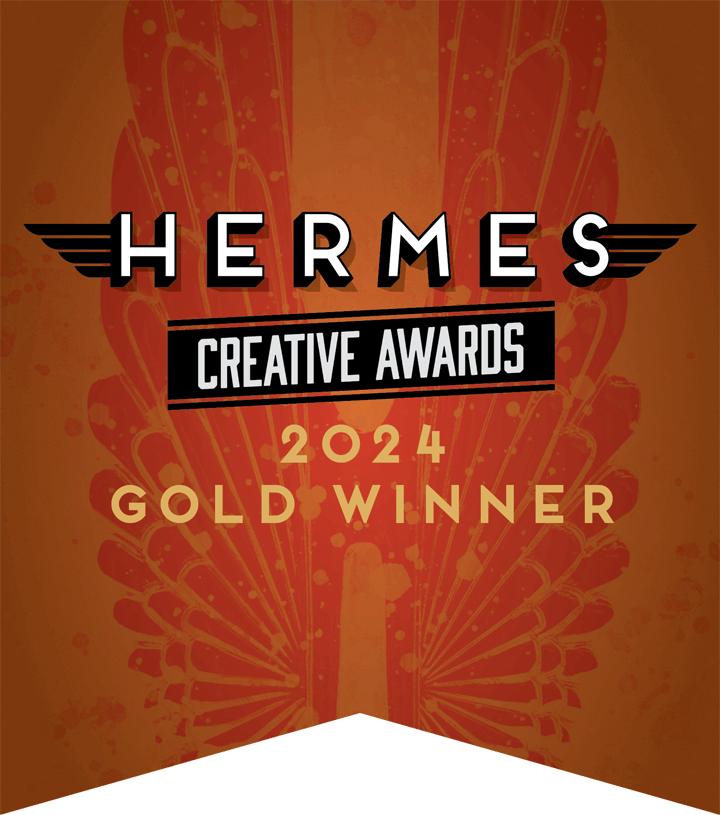A36/1018 Steel is a mild, low carbon steel that is machinable, weldable and useful where high-strength is not required, such as fixtures and mounting plates. It is magnetic and heat treatable.
4140 alloy steel is generally harder and stronger than carbon steel. Additionally, it provides high impact resistance, fatigue strength, and torsional strength, which makes 4140 a great choice for drive shafts, axles, and torsion bars. In terms of hardening, 4140 can be hardened using a variety of methods such as cold working, or heating and quenching.
1045 Carbon Steel is stronger than low carbon steel (1018 Steel) but is easy to machine. It is heat treatable and can be used for bolts, studs and shafts.
4130 Alloy Steel is similar to 4140 Alloy Steel but offers better weldability and has a slightly lower carbon content. It is best suited for gears and other structural applications.
Zinc-Galvanized Low-Carbon Steel has an outer coating of zinc to improve corrosion resistance. It is important to note that the coating will only be present on non-machined areas.
A514 Alloy Steel is a high strength, low alloy steel that is used mainly in structural applications. It is weldable, heat treatable and is best suited for supporting heavy loads.
4340 Alloy Steel is a medium carbon, low alloy steel that is highly useful in environments involving extreme impact, heat, and wear.
12L14 & 1215 are carbon steels that are resulfurized and rephosphorized, which makes them easy to machine. However, they have a comparitively low level of carbon, so they have less strength than other cold-drawn grades of steel.
8620 Steel is a highly wear-resistant material with good strength and toughness properties. It has a low-carbon content, so is an ideal candidate for use in welding applications.








